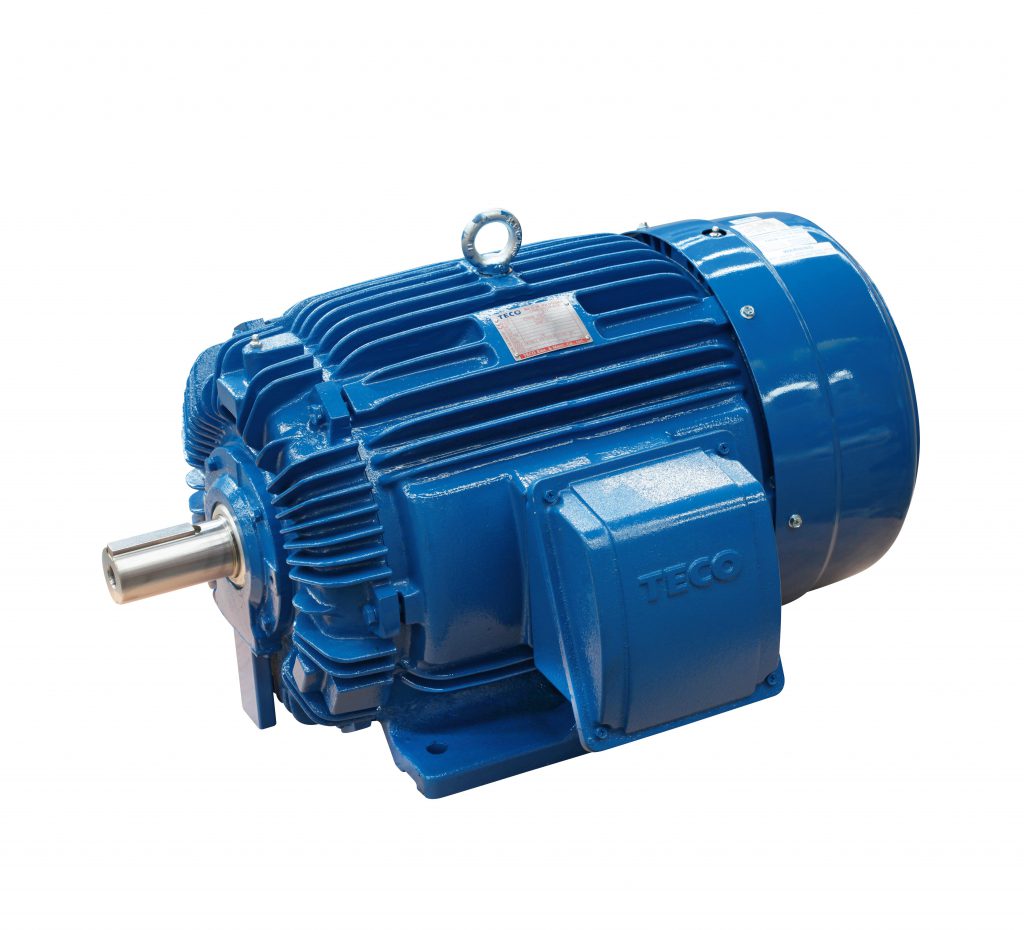The definition of the electric motor goes as this: An electric motor is an electrical machine that converts electrical energy into mechanical energy. Electric motors are divided into AC and DC motors, depending on whether they are powered by direct current (DC) sources or by alternating current (AC) sources. Examples of DC sources include batteries, motor vehicles or rectifiers, while AC sources include power grids, inverters and electrical generators. Electric motors can be designed to either produce linear or rotary force intended to propel some external mechanism, such as a fan or an elevator. An electric motor can generate continuous rotation, or linear movement, over a significant distance compared to its size. When compared to common internal combustion engines (ICEs), electric motors are typically lighter, more compact, simpler and cheaper to build and more responsive. They also provide more powerful output for their size, consistent torque, higher overall efficiency and lower heat generation. The reason electric motors are not as common as ICEs in mobile vehicles is that they often require a large and expensive battery, while ICEs require a relatively small fuel tank. BSC stocks Australia’s largest range of electric motors. We supply a wide range of electric motors to a vast number of industries and sectors. We stock, or have easily at hand, AC motors and DC motors to suit helical gearboxes, bevel helical gearboxes, bevel gearboxes, mechanical variators and worm gearboxes. Our product range includes TECO electric motors, TECO variable speed drives (VSD) and TECO motor controls. TECO motors are also available in high efficiency (eff3) and either IP55 or IP66 protection. Contact us today to learn more.

